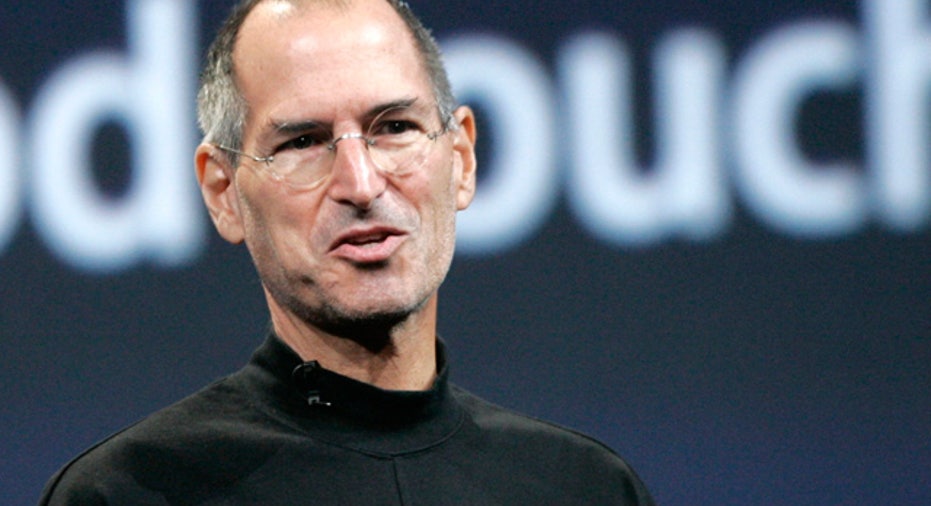Apple Shareholders Vote Down Succession Plan Proposal

Shareholders on Wednesday voted down a proposal that would have forced Apple (NASDAQ: AAPL) to publicly disclose a succession plan for its Chief Executive Officer at its annual shareholder meeting.
Apple’s current CEO, Steve Jobs, who is seen as a driving force in the technology giant’s success, is presently on an indefinite medical leave of absence. Jobs was diagnosed with pancreatic cancer in 2004 and had a liver transplant during a separate leave in 2009.
Check out FOXBusiness.com's new technology section at foxbusiness.com/technology
The Central Laborers' Pension Fund, which initially proposed Apple develop an annually-reviewed plan that specifically lays out the “criteria for the CEO position” and “identif[ies] and develop[s] internal candidates” to potentially fill the position.
Apple is vehemently opposed the plan. As the world’s largest technology company by market capitalization, Apple contends publicly stating potential CEO candidates will hurt its ability to attract and retain top talent.
“[The proposal] attempts to micro-manage and constrain the actions of the Board. By publicly naming these potential successors, [the proposal] invites competitors to recruit high-value executives away from Apple,” the company said in a regulatory filing. “Furthermore, executives who are not identified as potential successors may choose to voluntarily leave the company.”
Shareholders did, however, approve a proposal by California Public Employees' Retirement System [CalPERS] to amend the way in which directors are elected at Apple. Previously, if a director runs unopposed it is difficult for shareholders to vote against he or she because of so-called “withheld votes.”
CaLPERS, which manages $227 billion and is the biggest U.S. pension fund, called for a system by which a majority of shareholders are needed to elect directors.
Click here to read CalPERS' full proposal.
“The voting standard [CaLPERS is proposing] would provide share owners with a meaningful role in uncontested director elections, in contrast to the company's current voting system that effectively disenfranchises share owners when directors run unopposed,” CaLPERS said in a regulatory filing.
Apple's Board of Directors opposed this proposal, saying it is “not in the best interest of the company and its shareholders, both for reasons of law and governance policy.” The Cupertino-based company believes complexities in California corporate governance laws will make it very difficult to implement, severely constraining the company’s ability to actually elect directors.
The iPad-maker was also successful in electing seven board members, including Jobs and former U.S. Vice President Al Gore.
Shareholders will also be voting on executive compensation rules. The company is proposing a three-part compensation system. Top executives, excluding Jobs, who takes an annual salary of $1, will receive a base salary, annual cash bonuses and long-term equity awards.
Chief operating officer Tim Cook, for example, made a base salary of $800,000, a $5 million bonus and received $52 million in stock awards (much of which aren’t accessible to Cook yet) in 2010.



















